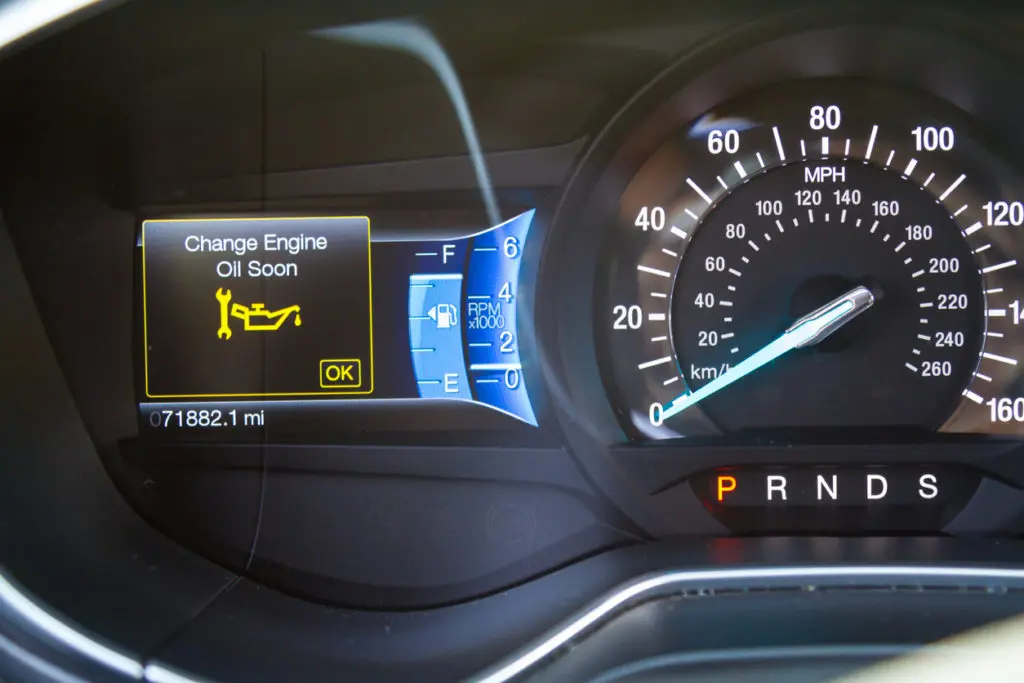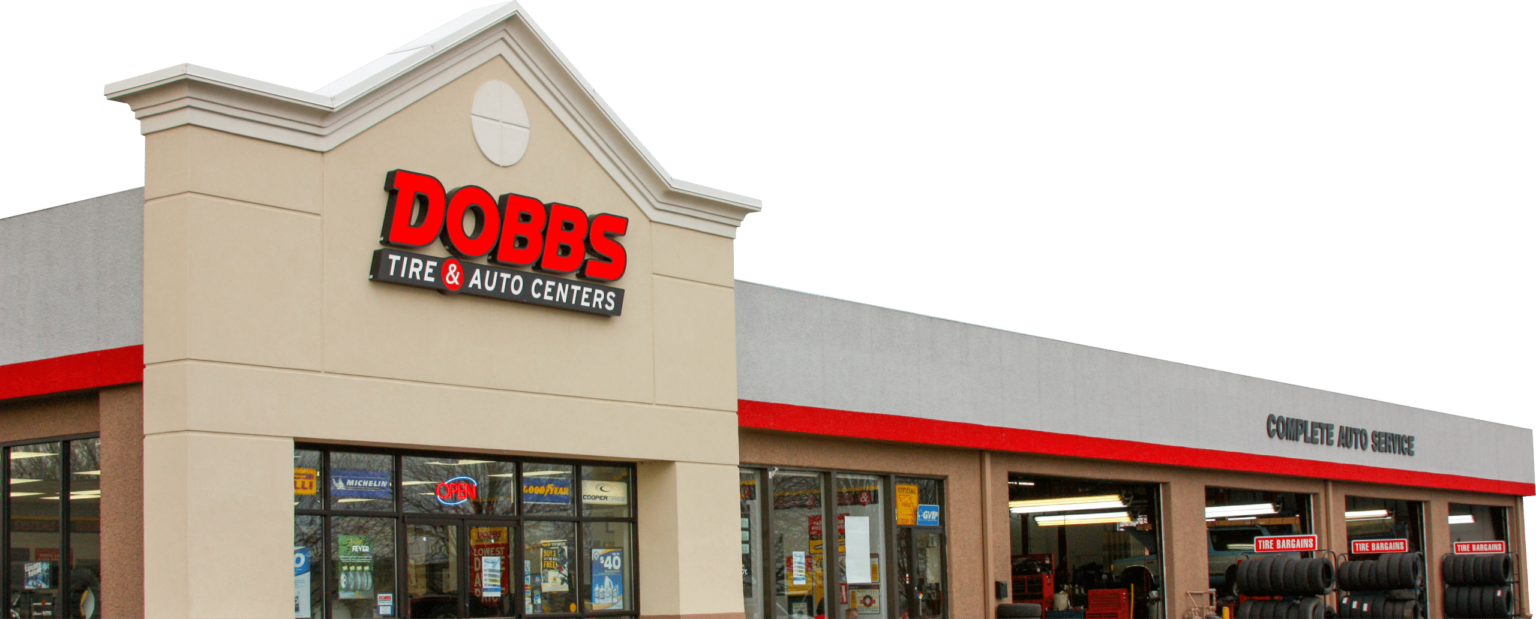Oil Change, How Often Are You Really Supposed To Do This?
Six-digit odometers were rare in the 1970s – they’d go to 99,999 miles and roll over to all-zeros. This wasn’t a new lease on life, but a sign you needed a new car or an engine overhaul.
The automobile engine hasn’t changed a whole lot in the last few decades – pistons, cylinders, valves, crankshaft, etc. – but materials, manufacturing, and lubricant technology has improved. Today, our cars average over 11 years old and 200,000 miles might even be considered the “new” 100,000 miles.
Why You Need an Oil Change
Engine oil keeps metal parts from contacting; helping your engine run smooth for years, but it has a limited lifespan. Oil is heat-resistant, but eventually starts to burn, reducing its ability to lubricate and clean your engine. Sludge deposits itself in low-pressure areas, like the valve covers or oil pan, or gets caught in the oil filter. The oil that’s left is even less able to do its job, leading to engine sludge, lack of lubrication, and increased repair costs.
There’s a good chance that you’ve heard the old “3 months or 3,000 miles oil change” suggestion, which many automakers and oil companies have been treating as a myth. When automakers extended the oil change interval to 5,000 miles, drivers and automobile technicians were understandably confused and concerned, but it didn’t stop there.
Automakers and oil companies started promoting even longer oil change intervals: 7,500 miles, 10,000 miles, 12,500 miles, even 15,000 miles between oil changes. Why are automakers and oil companies suggesting such long oil change intervals? Can you really wait so long between oil changes? How often should you get an oil change?
How do Automakers Justify Longer Oil Change Intervals?
Supposedly, there is good reason to wait longer between oil changes:
- “Oil technology is better,” offering better resistance to heat and better cleaning.
- “Engine technology is better,” and newer engines use oil more efficiently, so it lasts longer.
- “Extending oil change intervals and recycling used oil helps us manage limited resources better.”
- ”You spend less time and money in the shop.”
- ”Synthetic oil lasts longer than conventional oil,” so you don’t have to change it as often.
The Real Cost of Longer Oil Change Intervals
Oil companies and automakers would like you to change your oil at 15,000 or 20,000 miles, especially with high-quality synthetic oils. Still, there are real dangers in adopting such long oil change intervals, especially if your car wasn’t made for it. For example, some high-end automakers suggest 10,000 or 15,000 miles between oil changes. After all, what luxury-car owner wants to be visiting the shop all the time for oil changes?
Unfortunately, those same luxury-car owners were finding themselves at the shop with their cars experiencing all the symptoms of neglect – oil burning, piston slap, oil sludge, spun bearings and the like. Unfortunately, these symptoms don’t show up until the car is well out of warranty, leaving even conscientious owners holding the bag. At least one of these automakers has recognized the problem, telling customers to change their oil more often.
How Often Should You Change Your Oil?
Your personal oil change schedule really boils down to three factors:
- Vehicle – You should use your vehicle’s recommended service interval as a guide, working out your personal oil change plan from there. Some automakers may suggest a conventional oil change at 3,000 miles, while others may suggest a full-synthetic oil change at 10,000 miles.
- Condition – The older the vehicle, the more it can benefit from an upgrade: a shorter oil change interval or opting for a synthetic blend or full-synthetic oil.
- Driving – The average vehicle accumulates 55% of its mileage on short trips and in city traffic and 45% on the highway. If you get 80% of your mileage on short trips and in city traffic, change your oil more often.
Your oil serves a very important function, and it’s not to make sure you visit your local trusted auto repair shop. Changing your engine oil and oil filter at the right time will save you money in the long run, helping your engine last longer and run more efficiently.
Dobbs Tire & Auto Centers is Here to Help
Your local trusted auto repair technician can help you develop an oil change schedule personalized to you and your vehicle. If you have any questions about oil changes, oil change intervals, conventional or synthetic engine oil, talk to the experts at your local Dobbs Tire & Auto Centers.

